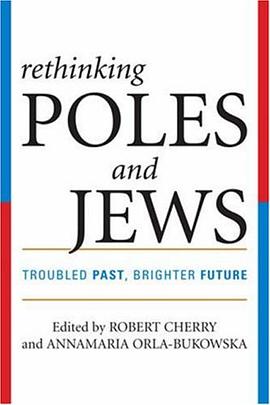

Emotional Bridges to Puerto Rico examines the experiences of incorporation among two groups of middle-class Puerto Ricans: one that currently lives in the U.S. mainland and one that has resettled in Puerto Rico. The analysis focuses on their subjective interpretations of incorporation and the conditions under which they decide to move back and forth between the mainland and island. Findings reveal that migration to the mainland results in educational, occupational and economic gains in the U.S., which also help return migrants re-enter Island labor markets. U.S. settlement brings its own set of struggles. Puerto Ricans see themselves as members of transnational families, yet the struggles of leading dual lives result in settlement decisions that reflect desires to live locally with roots in one place instead of feeling split between the two. Experiences with U.S. racism complicate these decisions, given Puerto Ricans' struggles with racial identity and exclusion in spite of their economic, occupational, and residential integration into mainland society. This study illustrates the conditions under which various patterns of attachments to place-or emotional anchoring-develop, and how these feelings impact future Puerto Rican settlement.
具体描述
读后感
评分
评分
评分
评分
用户评价
相关图书
本站所有内容均为互联网搜索引擎提供的公开搜索信息,本站不存储任何数据与内容,任何内容与数据均与本站无关,如有需要请联系相关搜索引擎包括但不限于百度,google,bing,sogou 等
© 2025 book.wenda123.org All Rights Reserved. 图书目录大全 版权所有




















